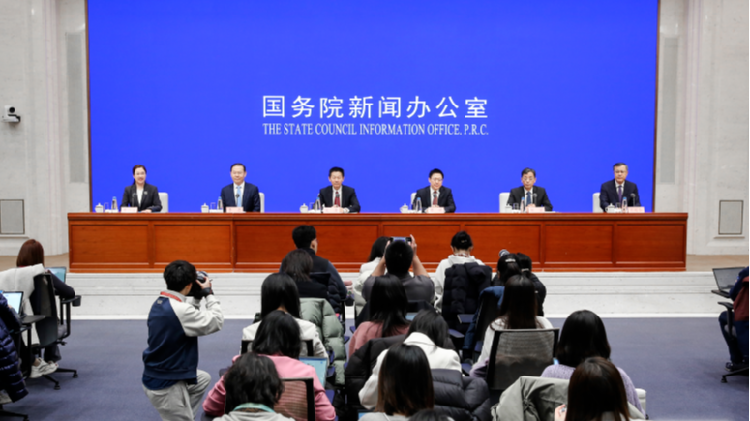China Establishes Goals for Sustained Capital Market Investment
On Thursday, the China Securities Regulatory Commission (CSRC) detailed initiatives aimed at strengthening long-term investment in the capital market.

During a press conference in Beijing, CSRC Chairman Wu Qing emphasized the importance of long-term investments in stabilizing the capital market.
This briefing followed the release of a new implementation plan aimed at overcoming obstacles and facilitating the high-quality development of the capital market.
The plan addresses significant challenges facing long-term investors, including those in commercial insurance, public funds, national social security, and basic pension funds, and introduces specific strategies to encourage their market involvement.
It outlines both short-term and long-term objectives. In the near term, it requires an increase in the scale and proportion of A-share investments. Over a longer period, the plan aims to establish institutional frameworks that promote stable investment behaviors focused on value, which includes better evaluation systems, customized investment policies, and enhanced market environments.
Wu indicated that public funds are expected to raise their A-share holdings by at least 10 percent annually for the next three years. Furthermore, major state-owned insurance firms are to direct 30 percent of their new annual premiums toward A-share investments starting this year. This approach is projected to inject hundreds of billions of yuan into the market on a yearly basis.
Additionally, Wu announced that the second phase of a pilot program for insurance funds, set for the first half of 2025, is projected to add another 100 billion yuan in long-term stock investments.
To support these initiatives, the plan increases evaluation periods for long-term funds. Public funds, state-owned insurance companies, pension funds, and annuity funds will now utilize evaluation periods of at least three years, while the national social security and basic pension funds will adopt assessment cycles exceeding five years.
Wu reiterated that longer evaluation periods are essential for protecting investments from short-term market volatility and promoting greater stability.
Highlighting the effectiveness of long-term investing, he identified the national social security and basic pension funds as exemplary long-term investors, with an average annualized return of 11.6 percent on A-share investments over the last two decades. Wu credited this achievement to the funds' value-driven, long-term strategies.
In conclusion, Wu stated that the newly introduced measures are designed to improve returns on long-term capital investments, fostering a win-win environment for all market participants.
Frederick R Cook for TROIB News
Find more stories on Business, Economy and Finance in TROIB business












